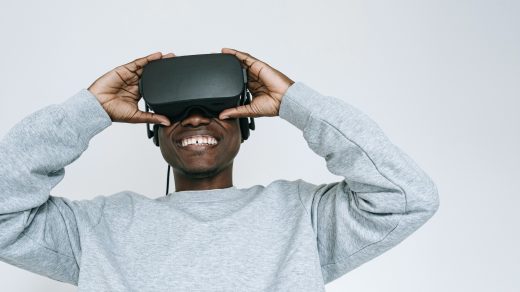Heavy title, I know, but I hope that by the end of this post, you’ll find it justified. In this blog, I’ll guide you through my (likely flawed) approach to dealing with the implications of digital technology. I’ll show how I ended up in this paradoxical situation and how I believe it reflects back into my offline life.
Apathy
The first time I remember being confronted with ‘terms and conditions’ was when I was creating a Hyves account. I was quite young, using my parents’ computer, and scared of breaking something, so I tried to read through all of them. For me, at around eight years old and not raised with English as my first language, this was impossible. But I tried, because I thought they must be there for a reason.

The second time I remember consenting online was a year later, around Christmas. While installing Clash of Clans on our new family iPad, I didn’t even attempt to understand the terms and conditions—I just accepted them. Maybe it was the excitement of a new game or the sleepy holiday morning, but I had lost my once so critical approach.
Then came high school, with computer lessons warning us about online privacy. I hadn’t given it much thought before, but I realized it was important, so I tried to become critical again. This, however, failed miserably. There simply wasn’t enough time in a day to scrutinize every box you have to tick just to access a web page.
So where am I now? I’ve given up on trying to be somewhat anonymous or safe online. I accept all terms and conditions, don’t bother with difficult passwords, and connect to free, unsecured Wi-Fi whenever it’s available. I just don’t believe it’s possible, as an individual, to arm yourself against the risks of living in a digital world.
Dread
Having accepted my grim, never-anonymous fate, I became acutely aware of the vast amounts of data being collected—data that was relatively accessible to anyone who cared to look. This awareness influenced how I interacted with the internet. While I couldn’t control my data once it was online, I could influence what data made its way online. This led me to consciously decide not to write, post photos, or even like and dislike content online. While that didn’t erase my online existence, it did remove a layer of identity from my digital presence.
Removing my opinions from online discourse came with another advantage that I discovered later. While my initial concern had been about hackers and big companies—and at the risk of sounding like someone with loads of skeletons in their closet—having no posted opinions makes you somewhat resistant to cancel culture. I don’t believe I’ve done anything cancellable in the past, but you never know what the future holds or what might become unacceptable.
However, this way of thinking also fills me with dread. It makes me uneasy to see how little room is left for progressive insight, which pushes me to become even more closed off online—limiting my engagement to things as private as group chats.
Offline
These two aspects of online life also reflect in my real, offline world. I’ve noticed that I’m becoming less and less careful about theft (if someone really wants it, they’ll take it), and I find it increasingly difficult to express my opinions. The real question, of course, is: is this just who I am, or is it the version of me shaped by technology? Probably a bit of both. I don’t think I’m alone in feeling this way. So if you feel the same, don’t leave a comment—I wouldn’t either. But if you’re posting online and are unbothered by scrutiny from the outside world, feel free to leave a comment below and share your thoughts.



Recent Comments